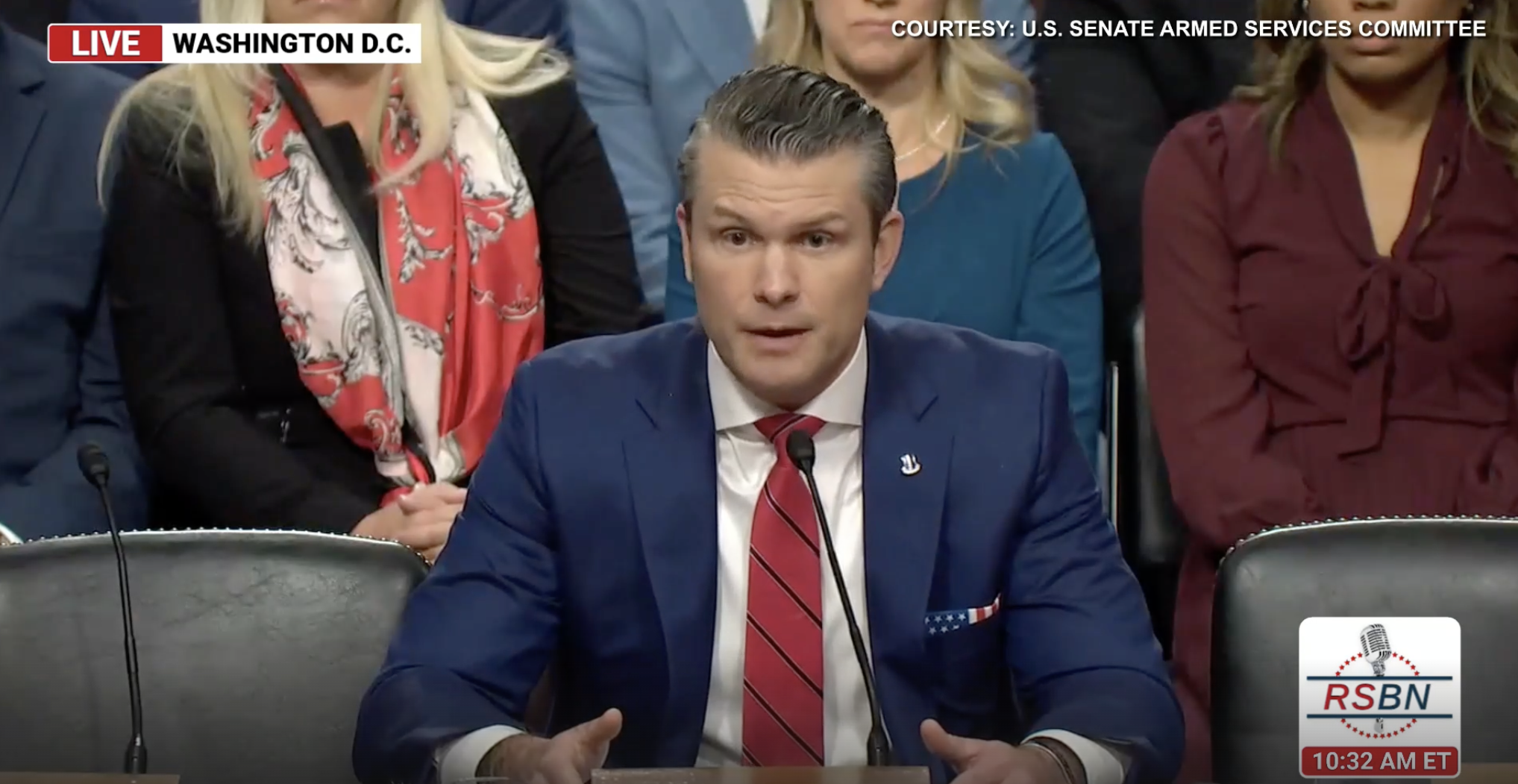
Philippine-stock-market-board
Just as it seemed that trade talks between the U.S. and China would finally culminate in a successful end game, President Trump has changed the playing field once again. On Sunday, the president upped the ante by stating he would hike existing tariffs on $200 billion worth of Chinese goods this week and target hundreds of billions more soon. “The Trade Deal with China continues, but too slowly, as they attempt to renegotiate. No!” Trump said in a tweet. On Sunday night, The Wall Street Journal reported that China was considering canceling this week’s trade talks in Washington in light of Trump’s comments, which took Chinese officials by surprise.
Both domestic and international markets have also been caught off-guard by Trump’s remarks, particularly since as recently as last week he indicated that talks were progressing. There was even concern among Washington insiders that Trump could be getting soft with China in a push to score a major diplomatic victory to help offset the constant barrage at home by both an unprecedented bias in mainstream media and Democrats eager to damage Trump anyway they can. U.S. Treasury Secretary Steven Mnuchin, for his part, had described last week’s negotiations in Beijing as “productive.”
Trumpesque trade talk spooks markets
However, reports indicate that Trump’s decision may not have be a Trumpesque type of quick turn around and change of heart that has become his trade mark. U.S. Trade Representative Robert Lighthizer expressed concern over talks with China recently, indicating that Beijing negotiators had been back-peddling from some key commitments that had been hammered out in tough negotiations with the U.S.
Markets convulse
Both global equity and oil markets convulsed early Monday over Trumps’ comments and the prospect of not only a prolonged trade war between the world’s largest two economies, but also the possibility that it could actually get worse. On Monday morning, Asia time, U.S. equity futures dipped more than 2%, while stocks across the Asia-Pacific region also plunged. China’s main indexes also dropped 4% in early trading, after plunging as much as 6% at one point.
Global oil markets also followed equities lead, with global oil benchmark, London-traded Brent crude futures dropping some 2 percent in early trading to $69.45/barrel, while U.S. oil benchmark, NYMEX-traded West Texas Intermediate (WTI) crude futures plunged 2.2% to $60.58/barrel. Both benchmarks are off around $5 per barrel from just two weeks ago when Trump announced that he would revoke 180-day Iranian oil sanction waivers for eight of the Islamic Republic’s largest oil importers, including top importers China, Japan and India. The concern at the time was that the removal of more Iranian barrels from global markets would further dry up supply, hence prices trended upward on the development.
Going forward
Going forward, oil prices, which are up nearly 40% for the first four months of the year, could see major reversals if Trump continues not only his hawkish trade talk with China, but could retrench even more if he makes good on his trade threats. The prospect of increased tariffs as well as an additional $325 billion worth of tariffs on Chinese goods would hurt global economic activity enough to dry up demand just as oil markets are nearing market equilibrium amid the OPEC+ deal reached to remove 1.2 million barrels per day (bpd) of production. On the other hand, a tough U.S. stance over China’s incessant trade cheating, its currency manipulation, its flagrant abuse of WTO stipulations, as well as its top down mercantilism, is a situation that previous presidential administrations, dating back to at least the Clinton Administration, should have reigned in. However, they, up to President Obama, had neither the political will nor the fortitude and character to do so. Dealing tough with China has come late but not too late, while the mantle to level the playing field has fallen on President Trump’s watch.

























Trump was mistaken for ever letting any delay in the tariffs to go into effect. He took bad advice from people who are vested in the market and not vested enough in the Chinese psyche, culture or way of thinking. The Chinese saw it as weakness just as they see our inability to control our own border as another sign of Trump's weakness. They have decided to wait him out.
The Chinese must actually feel the economic pain, or they will never accept any negotiation to reset. The Chinese never accept defeat, never have and never will. Once they own the pain, they will attempt to achieve a ratcheting down of that pain. From this vantage point they can then declare a victory and accept a negotiated settlement. It's how their corkscrew minds work. Of course they won't be negotiating in good faith. Nor will they ever be honest or honorable. These are western concepts and alien to the Chinese. That's up to us to ensure and enforce. Be clear about that much.
They know Munchin needs to preserve the markets and think Trump needs a good market for reelection. They played and will continue to play it for leverage. By actually levying the tariffs and then, by announcing soon after that the tariffs will soon be reexamined with a view to being increased in the near future perhaps in a year's time will knock them out of their comfort zone.
Unless you are a woman seducing a man, it's always all about strength and power unless of course you re Mayor Pete, or Bay-toe on a skate board.